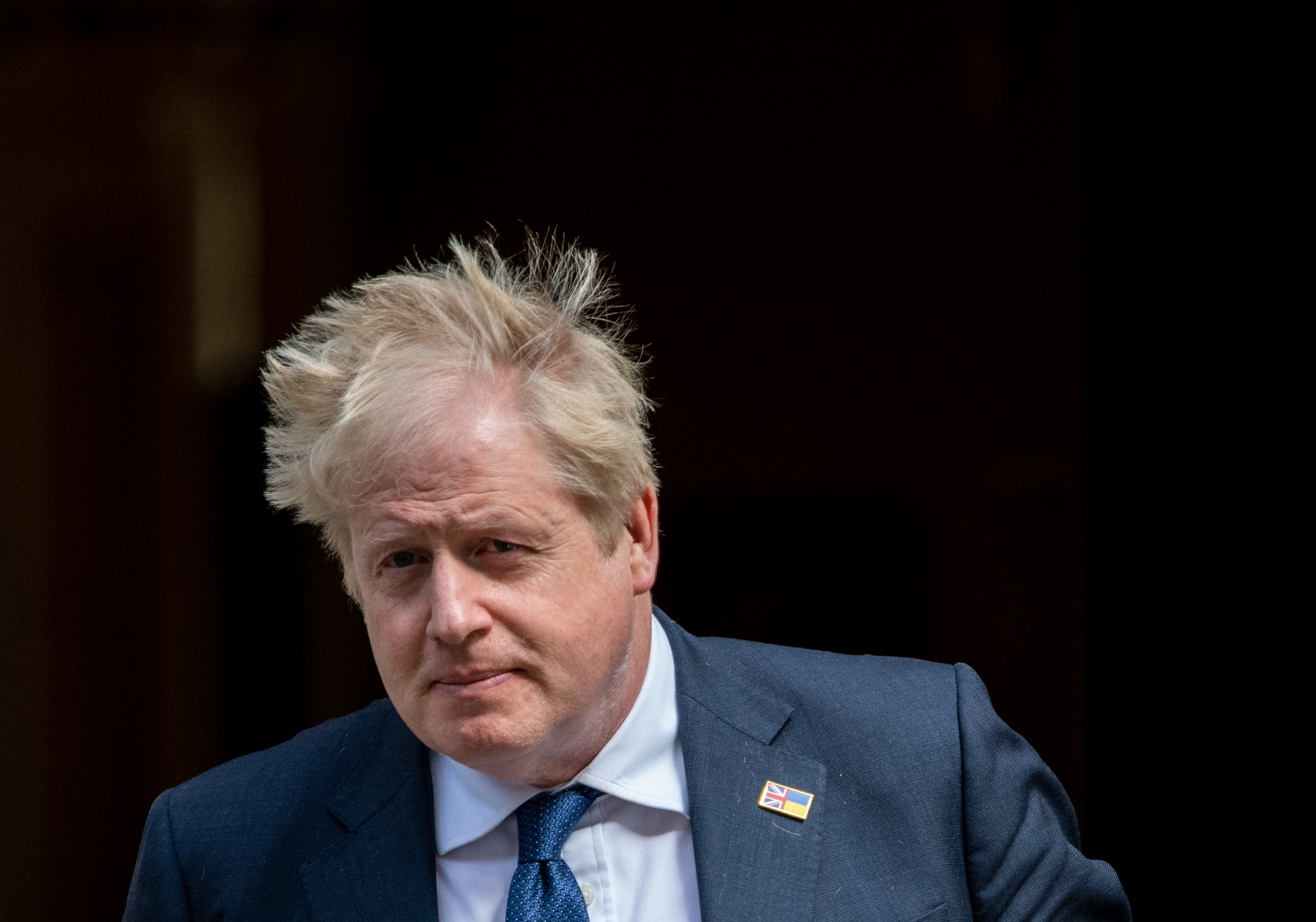We can never hope for an objective view of where we are in the world
As a European expat in the US, it has become clear that every country has its own view of itself and its place in world events, writes Holly Baxter


When you’re a European expat living in the US, it’s always interesting to see what continental conflict filters through. Do Americans pay attention to what’s going on in France and Germany, say, but not Austria and Italy? Have they got any idea what Prime Minister’s Questions is, or the House of Lords? Do they feel as unsettled by the gains of Marine Le Pen, even though she was defeated roundly by Macron, and do they really consider, as many Brits do, that Boris Johnson is a “wannabe Trump”?
The past couple weeks have proven a few unexpected things. First of all, the French election made not much of a dent on American TV coverage – although here in The Independent’s New York bureau, we kept watch on the results with a keen eye. Our people and entertainment reporter, Clemence Michallon, hails from Paris, and cast her vote at a French school in upper Manhattan during the weekend. When casting a ballot in France, one takes two pieces of paper into a cubicle during the second round: this year, one bore the name of Macron and the other, Le Pen. Inside the cubicle, the voter seals one piece of paper inside an envelope and then emerges to drop the envelope into a ballot box, meaning you leave holding the piece of paper bearing the name of the candidate you chose not to vote for. This, Clemence told us, meant that she had a good indication of how the Upper East Side dwellers holding French citizenship felt about the election: outside the polling station, pavements and trashcans were filled with tiny little scraps of paper bearing the moniker “MARINE LE PEN”.
It’s unsurprising, perhaps, that internationally minded people who have made their home – whether temporarily or permanently – in New York City, surely the seat of the “elites” Le Pen likes to denigrate, prefer Macron. Likewise, I find that people in New York tend to be more switched on to British politics. That means that sometimes they come to me asking for difficult explanations.
A few days ago, as the news of Boris Johnson being fined hit the US news (which was, in turn, a day or so after it hit the UK news), our DC reporter Eric Garcia sent me a perplexed message. “Who IS this man?!” he asked, sharing a link to a video wherein Michael Fabricant – bright hair blazing – defended the prime minister against wholly reasonable attacks. “How can anyone take him seriously?” Seeing Fabricant anew through the eyes of a shocked American, I couldn’t help but laugh. Next came a discussion about Jacob Rees-Mogg and his six children, the final one of whom is infamously named Sixtus – “That Monopoly man had six kids?!” came the cry. There was an appalled reaction when said Boris Johnson had repeatedly refused to confirm the number of children he has, spuriously citing “privacy” concerns. In America, where family is everything and one is expected to appear onstage next to a gleaming, white-toothed, all-American set of beautiful children whenever one runs for office (whether president, congressperson, senator or governor), such shenanigans are unheard of. Even Donald Trump managed to declare all his offspring (and even get a couple of them high-level security clearance).
One piece of European news that has been front of centre, of course, is the war in Ukraine. This confirms most American suspicions about Russia anyway; they never quite shook the Cold War mentality, and now anyone who was on the fence is fully on the other side. What’s interesting is how so many Americans are sure that the war is “about America”, and that the main beef exists between Putin and Biden. There is a general sense that any major conflict must involve the US in some way, and people I’ve spoken to who aren’t glued to the news every day are surprised to learn that other European countries have involved themselves with sanctions, discussions and negotiations at all.
It’s important to remember that we all have a skewed impression of where we stand on the global stage. As Americans spoke to me about how they were sure the US would swoop in to end conflict in Ukraine any minute now, my sister sent me text messages from the UK afraid that her fiance – an army veteran – might be called up to fight against Russia on behalf of Britain. My mum, who lives in a rural area I’m going to guess remains unfamiliar to Vladimir Putin, opined that the Russian president is obsessed with the UK and must surely want to drop a nuke on London. I imagine that across Europe, each country feels similarly on edge. It’s hard not to feel like a sitting duck when conflict rages around you. But if being an expat has taught me anything, it’s that we can never hope to gain a properly objective view of where we are in the world – and everyone is at the mercy of their own evolutionary habit of placing themselves in the absolute centre of the issue at hand, whatever it may be.

Join our commenting forum
Join thought-provoking conversations, follow other Independent readers and see their replies
Comments